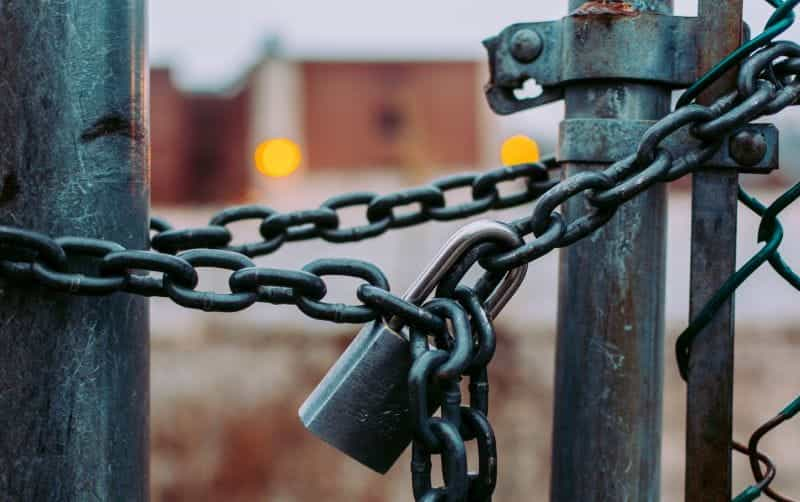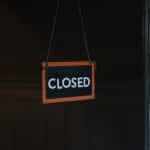Illegal Dominican Lotto Shops Will Close
In the Dominican Republic, the subject of illegal lottery sellers — called “bancos” — has come to a head with the decision to move forward with closures of unlicensed shops. The Dominican Republic Lottery has been locked in a standstill conflict with Fenabanca, the National Federation of Bancos, who have been evasive in dealing with the issue of unregulated ticket sellers. Now the lottery and the national Directorate of Casinos and Games of Chance will take definitive action.

The Dominican Republic will finally go forward with closing illegal ticket sellers after a drawn out battle with Fenabanca and the “bancos.” Jose Fontano/Unsplash
Lottery ticket seller conflict comes to a head
Just a few weeks ago, lottery director Teófilo “Quico” Tabar sent a strongly worded letter to Fenabanca, which was subsequently shared with the public. In his letter, Tabar told Fenabanca president Rubén Jiménez that the organization was acting out only in order to avoid paying tax, and he accused them of behaving like “lawless goats.”
The organization, which works on behalf of lotto sellers, pushed back against certain regulation rules, for example changes in taxation. Fenabanca asked for registered sellers to not be charged provisional taxes, though this was a part of the regulation plan. All entities involved, including the Ministry of Finance and the General Directorate of Internal Taxes, responded by saying the sellers would of course be obligated to pay tax according to the law.
Fenabanca has been protesting these changes outside government offices and in Tabar’s opinion, playing the victim. He went on to say that they encourage disorder in the regulation process and have purposefully slowed things down in order to protect themselves and various sellers that it represents, which may have been blackmailing Fenabanca, too.
Tabar’s message was clear. He demanded that Jiménez and Fenabanca do their job and make haste with the regulation process, rather than hold it up. He also warned that since the regulation law is on the side of the lottery, consequences would be felt for unlicensed “bancos” at some stage in time.
It seems the time has come now. Three weeks after Tabar’s warning letter, Directorate of Casinos and Games of Chance — regulator of games in the Dominican Republic — has confirmed that ticket sellers operating outside of the licensed system will be shut down.
This system was launched about one year ago. Though ticket sellers existed before, regulation means that all legal sellers will have to be registered by the directorate, the lottery, and Fenabanca. A comprehensive list of sellers would then be used to check which are actively working, which abide by the rules or break them, and which fail or succeed in paying due tax.
Part of the problem has been a great hesitancy for sellers to register. There are an estimated 71,000 “bancos” in the country, including lottery, sportsbooks, and other concessions. Of course, regulation brings about significant changes for operators that have worked independently up until now, and many do not wish to be part of the system.
Unfortunately for them, they have no choice now. The directorate has announced that unregistered sellers will be closed down. The agency has identified a list of sellers that fit into this category, which they say are now “operating outside the law.”
How do closures work?
Now that the uncooperative selling points have been listed, the directorate will proceed with several steps to make sure that these sellers either register or are not able to take part in the industry again. This is ensured through naming the sellers, seizing equipment, and if necessary, revisiting to make sure sellers have not started again at a later date.
Sellers found guilty of operating outside of the law will also be submitted to the justice department in order to face legal proceedings in some cases. Operating illegally is punishable by fines, or even jail time in more severe situations. Sellers might also be forced to pay back taxes in some cases.



